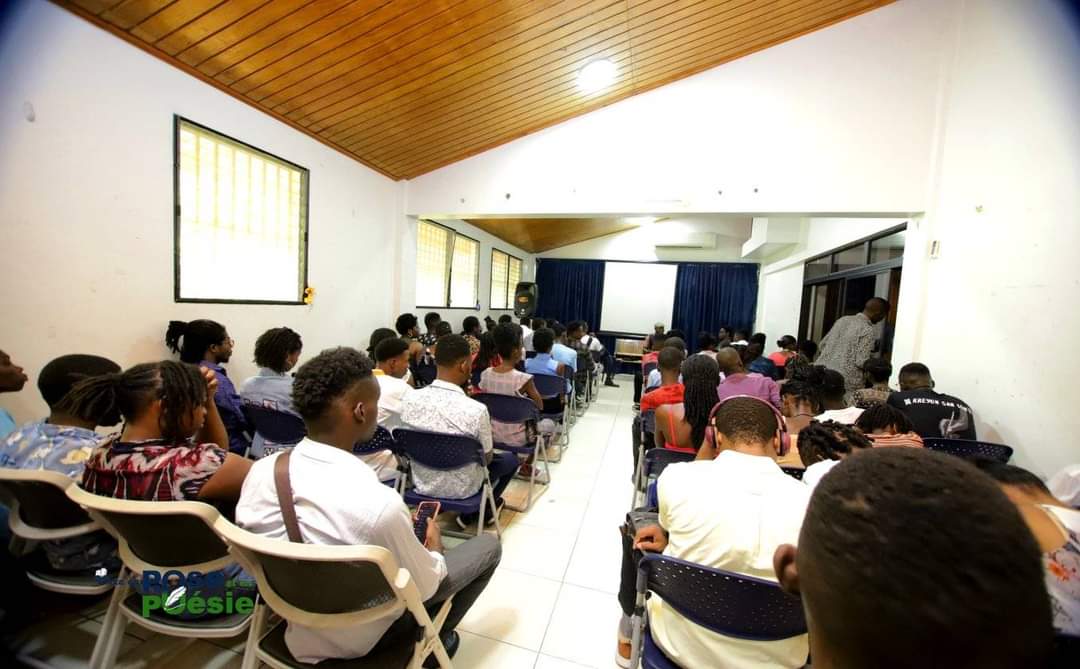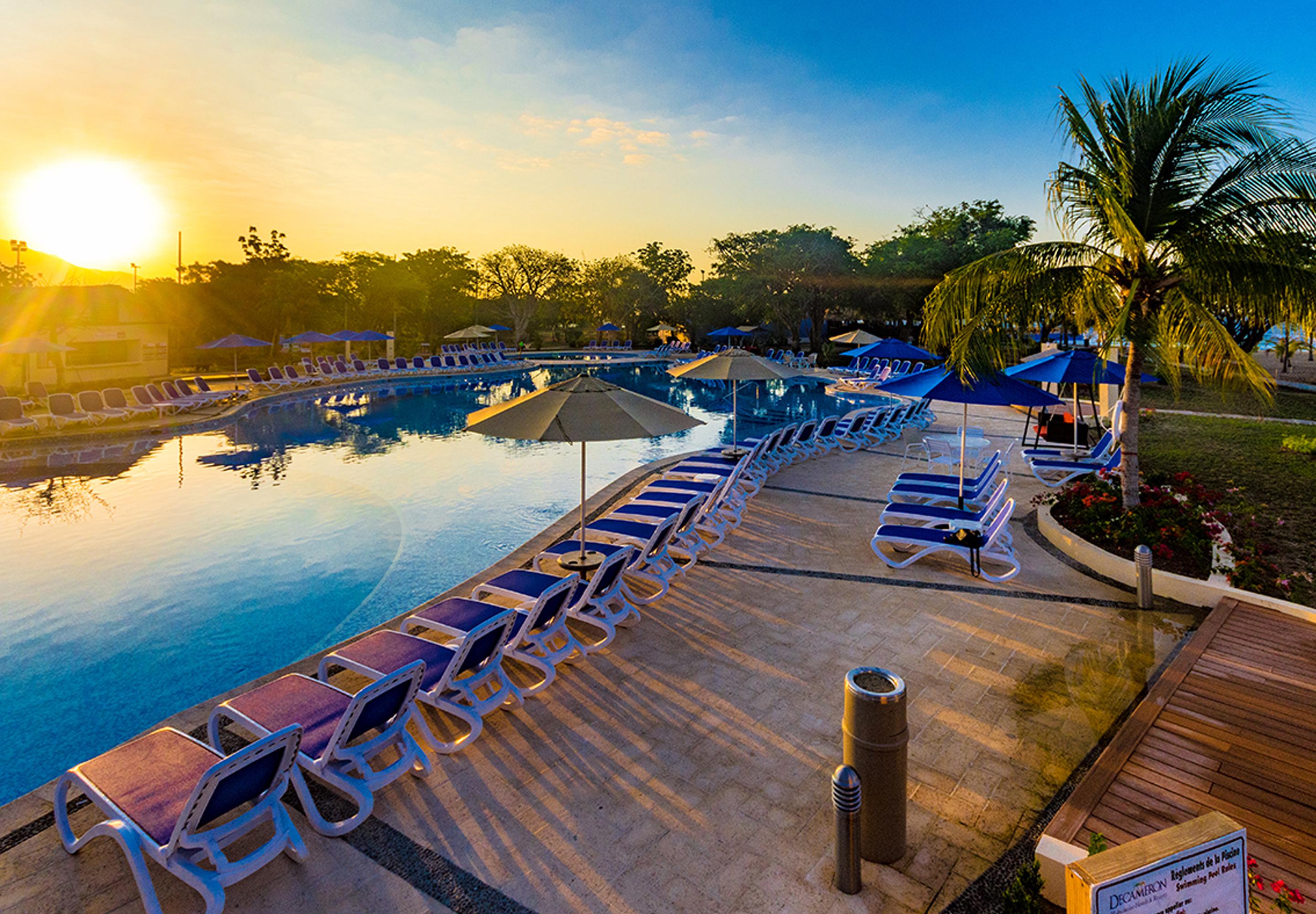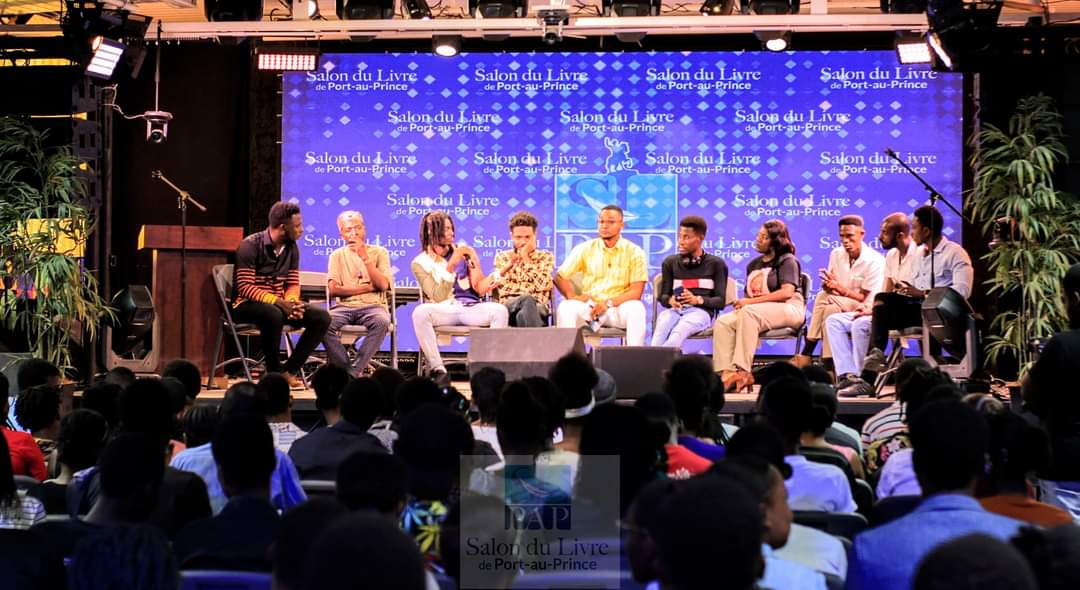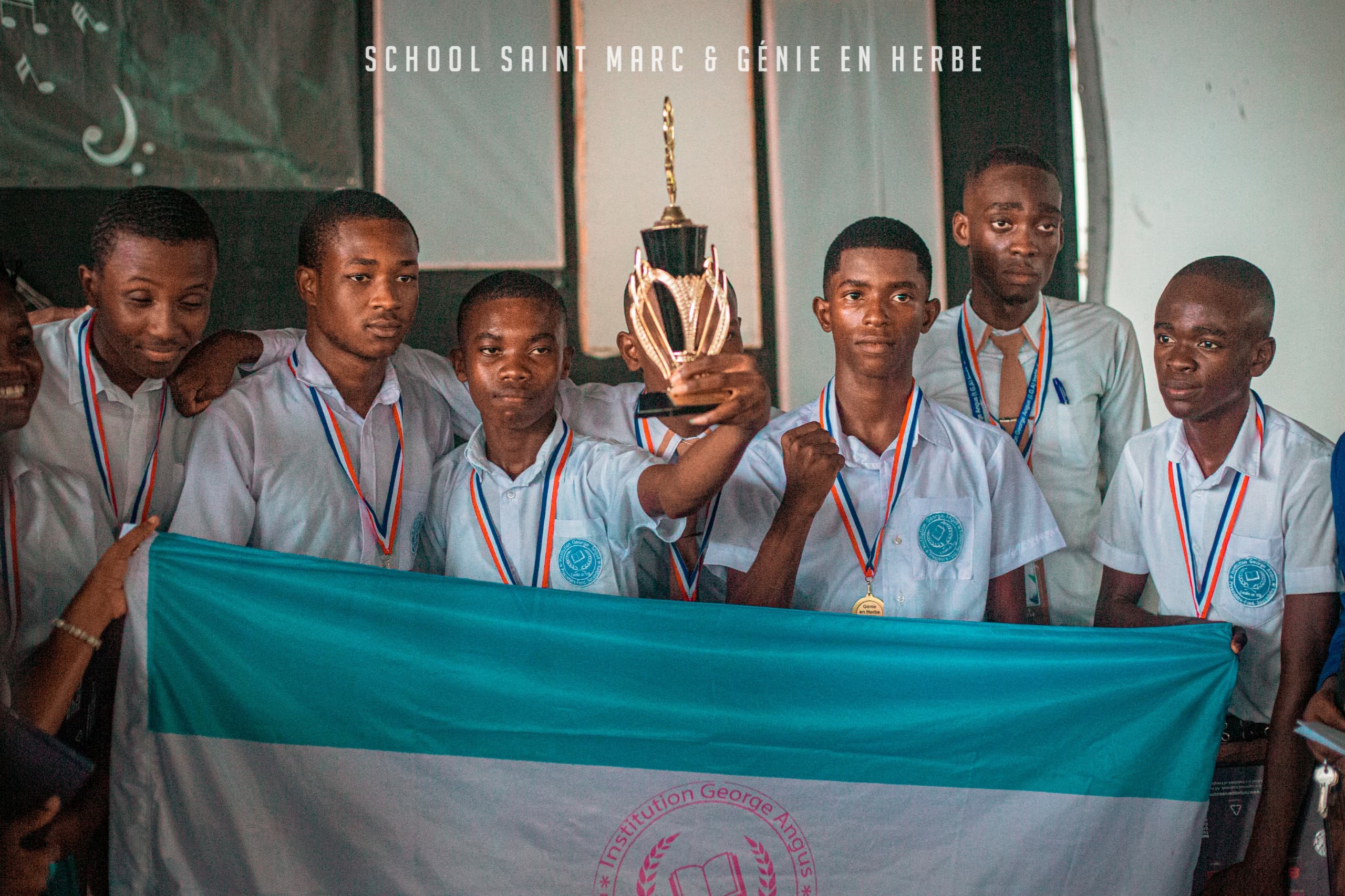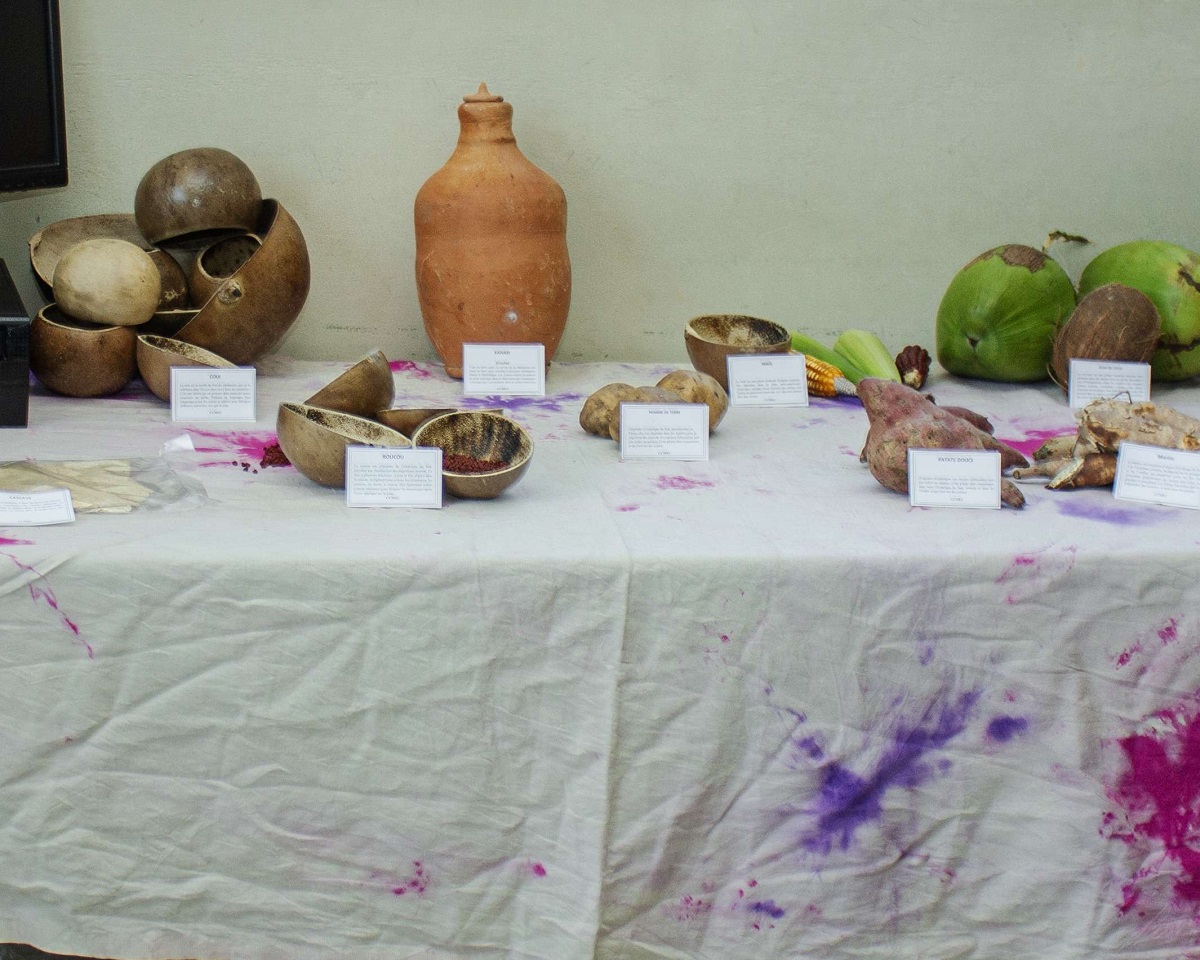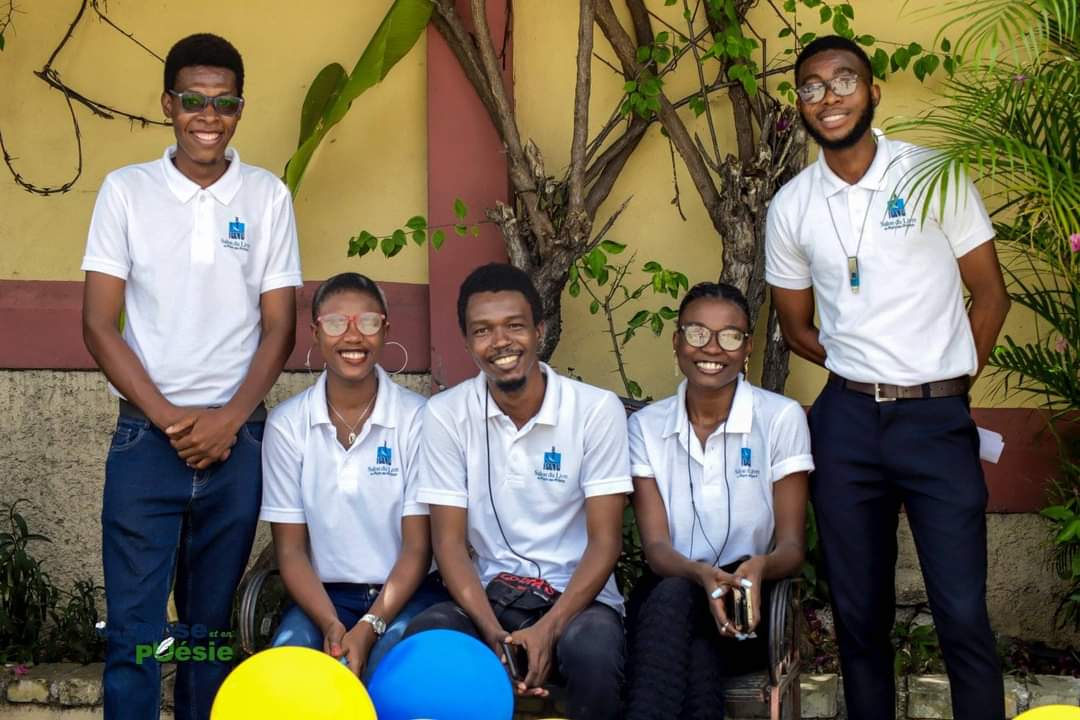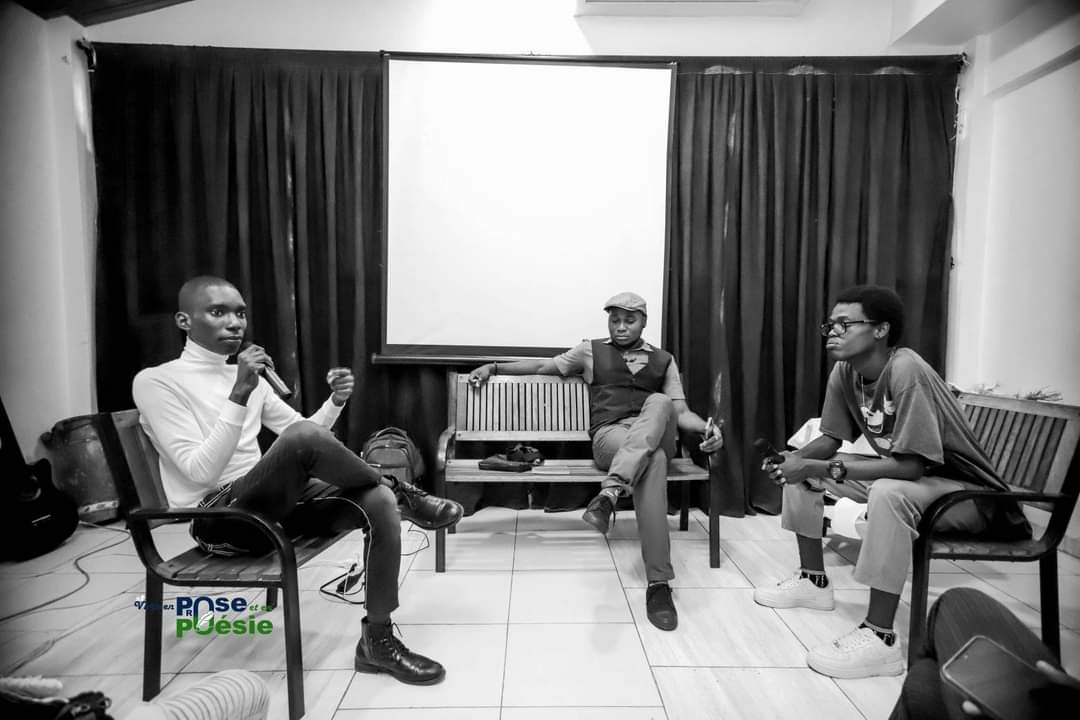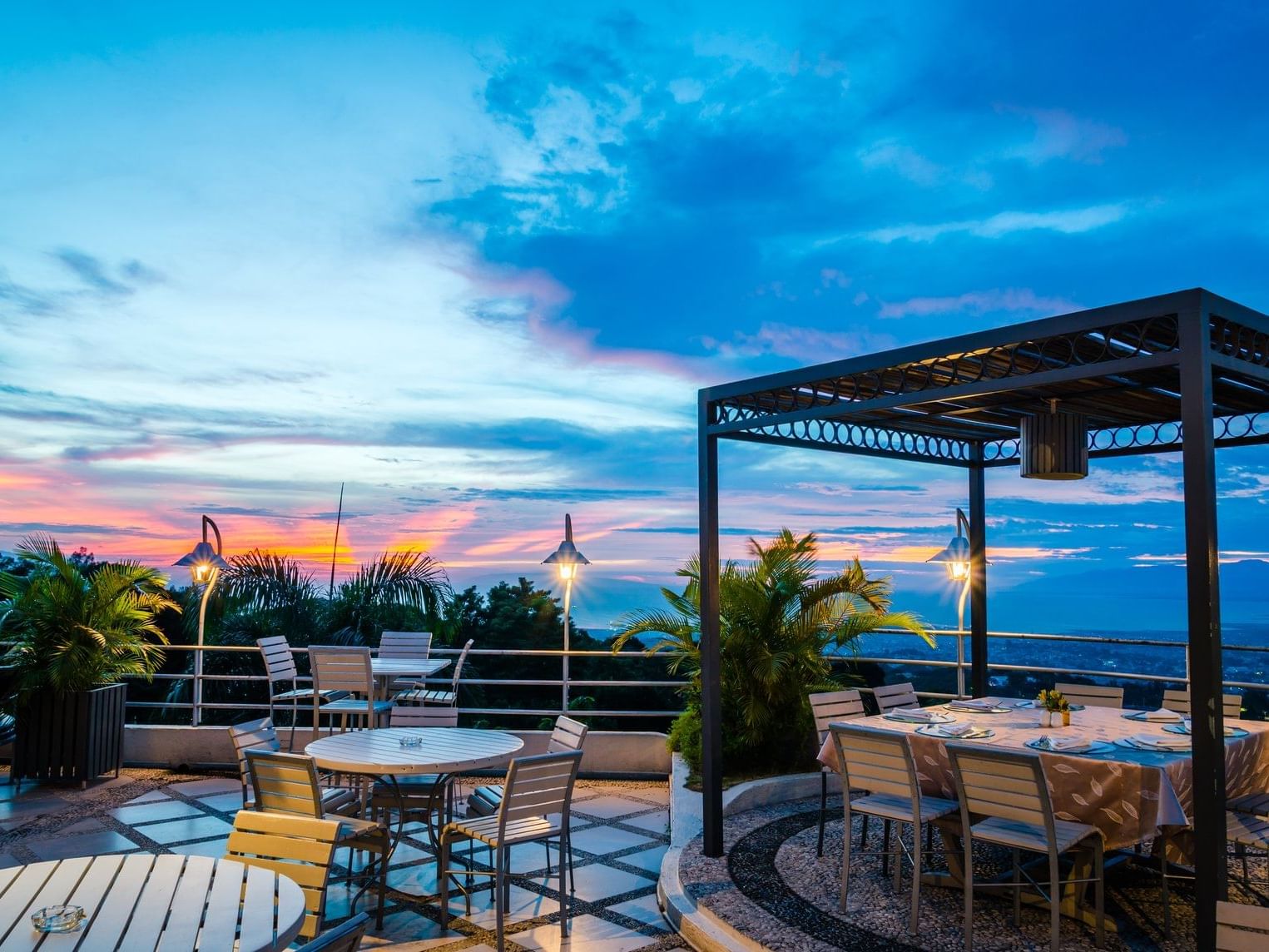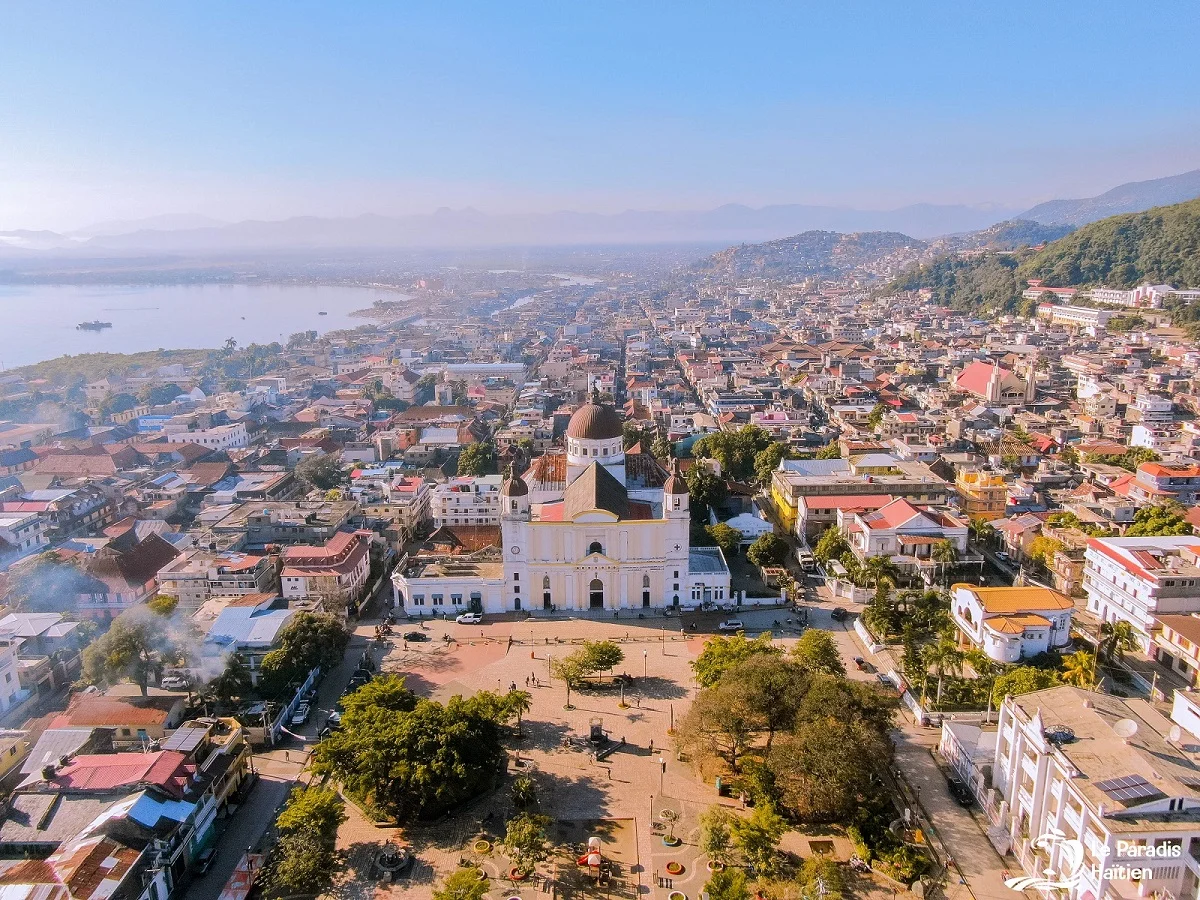A memorable day for the public
The first part of the day was enlivened by the intervention of the young poet and art history student at the UEH, Dakovens Paulin, followed by that of the cultural journalist Carl-Henry Pierre, who presented the novel "L’Autre face de la mer" by Louis-Philippe DAlembert.
The two speakers respectively took care to approach the novel in its sociological and psychoanalytical dimension in their interventions, they also offered the young audience the opportunity to reflect on the theme of exile and its importance in the life of the Haitian being. The conference ended with an enriching exchange between the speakers and the public. The rest of the day was marked by varied artistic performances that captivated an enthusiastic audience eager for such an event.









